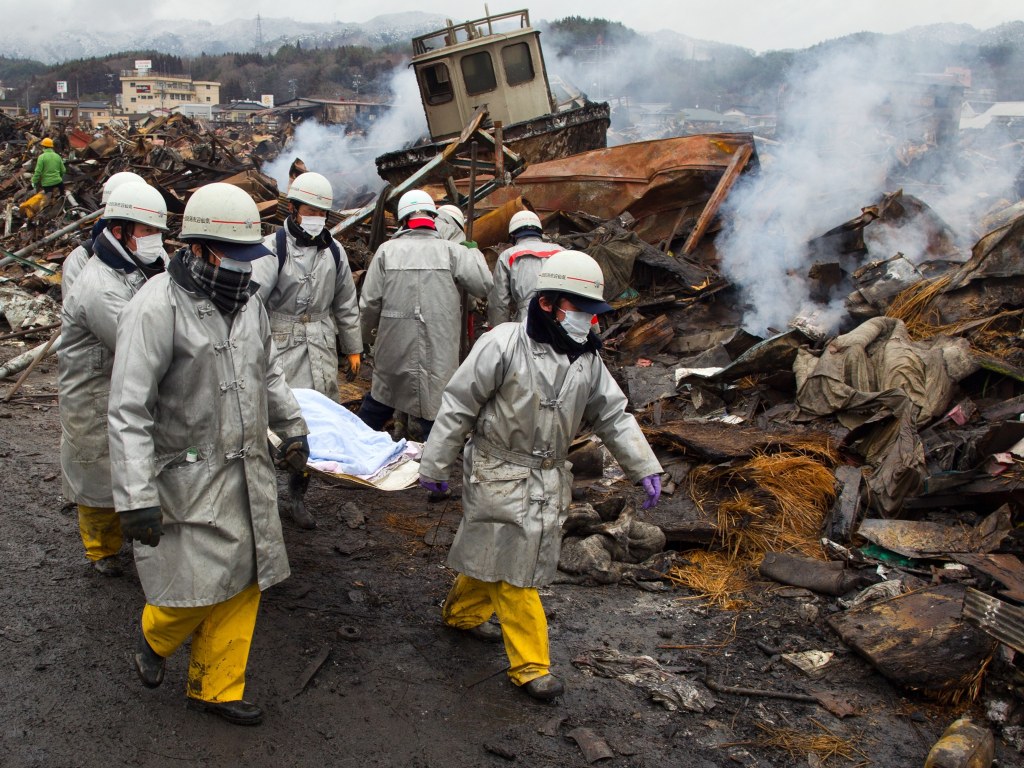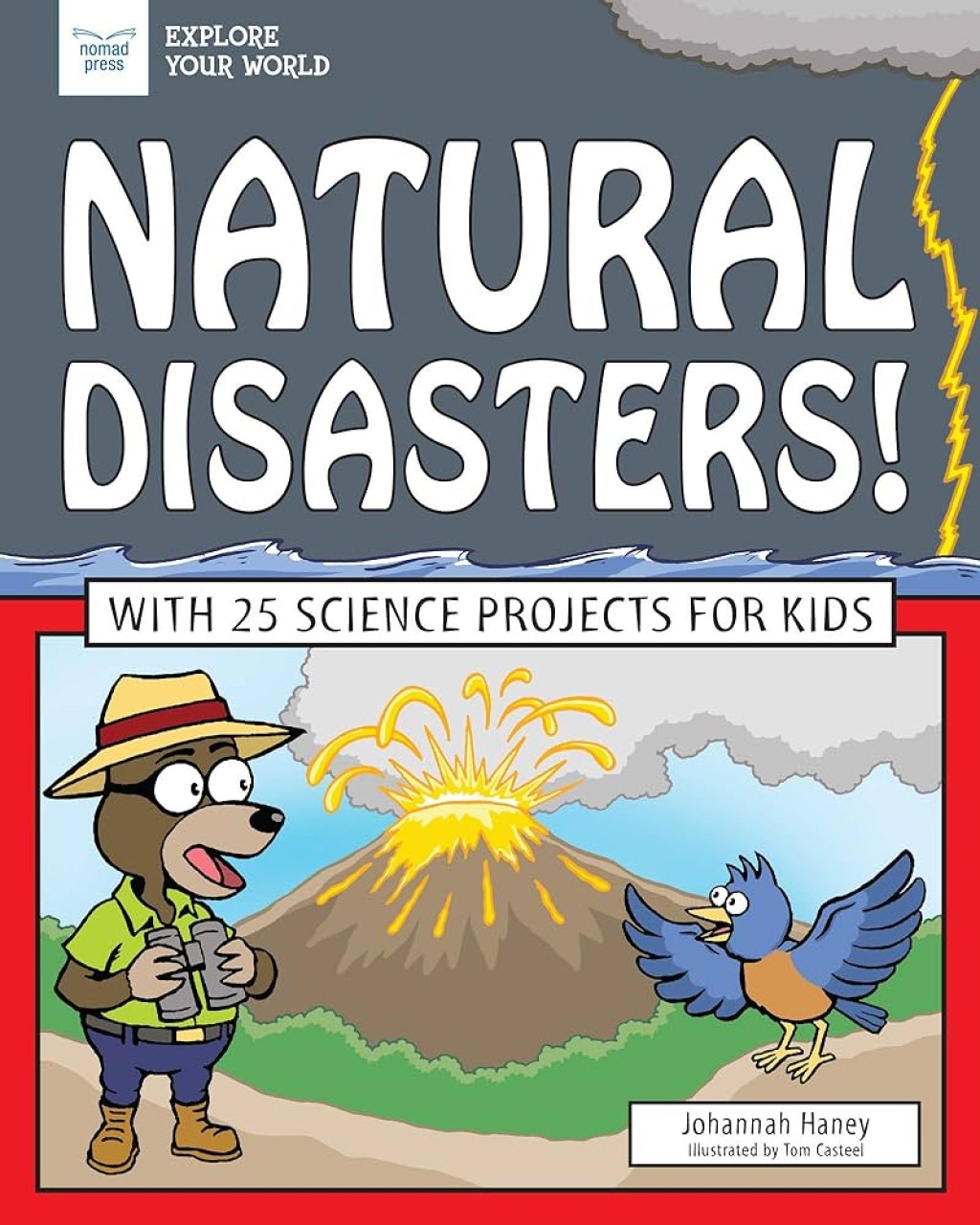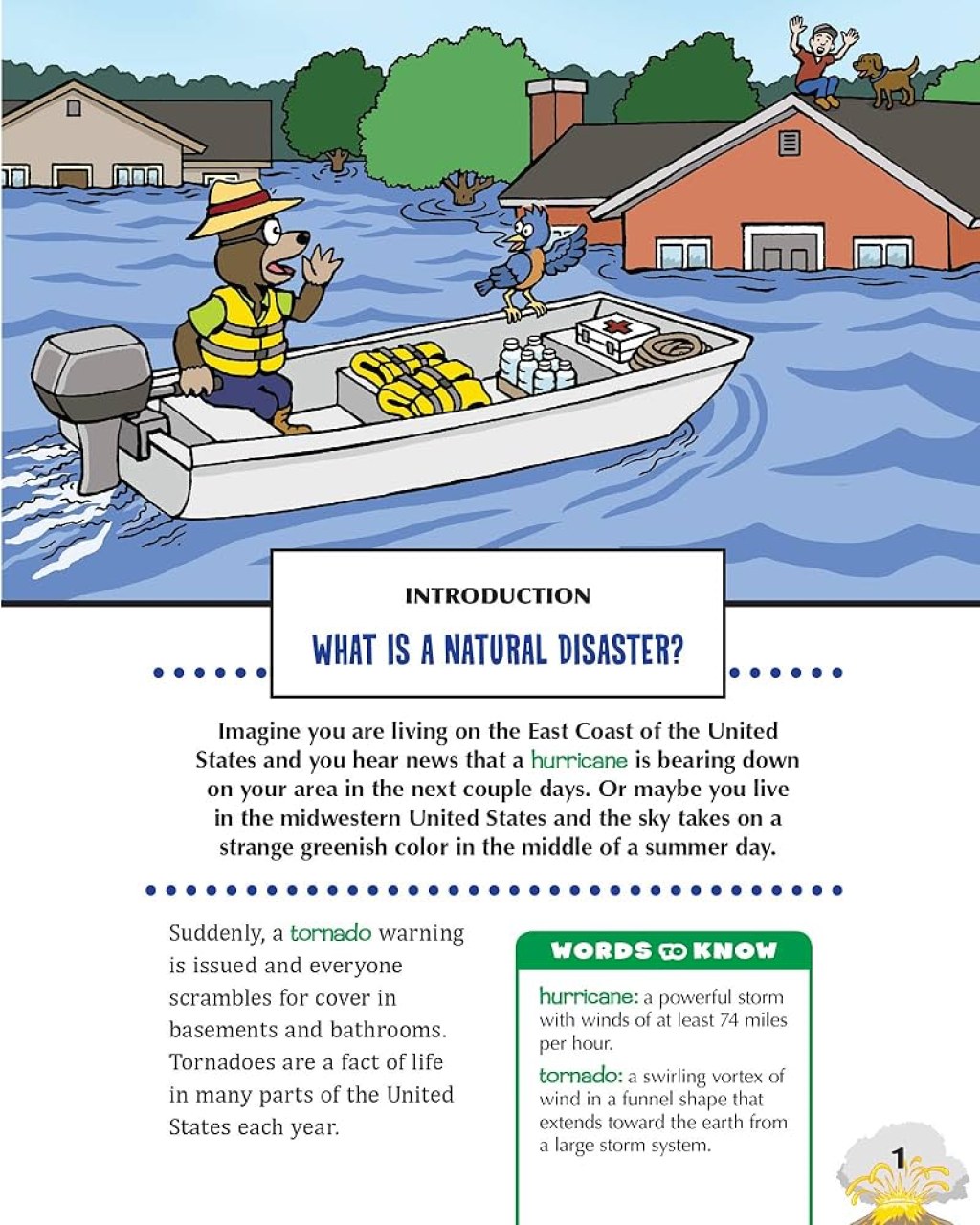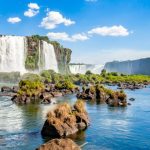Uncover The Secrets Of Nature’s Fury: Explore Natural Disasters Now!
Explore Natural Disaster: Understanding the Power of Nature’s Fury
Introduction
Dear Readers,
3 Picture Gallery: Uncover The Secrets Of Nature’s Fury: Explore Natural Disasters Now!



Welcome to our article on exploring natural disasters. In this informative piece, we will dive into the fascinating world of natural calamities, their causes, and the impacts they have on our environment and lives. Natural disasters are awe-inspiring events that remind us of the immense power of nature. From earthquakes to hurricanes, these catastrophic events can cause widespread devastation and loss. By understanding and studying natural disasters, we can better prepare ourselves and mitigate their effects. Let us embark on this journey to explore the wonders and perils of nature’s fury.
1. What Are Natural Disasters?

Image Source: natgeofe.com
Natural disasters are catastrophic events that occur due to natural processes and phenomena. They include earthquakes, volcanic eruptions, tsunamis, hurricanes, tornadoes, floods, wildfires, and more. These events can cause significant damage to human lives, property, and the environment. Understanding the different types of natural disasters is crucial in developing effective strategies for prevention, preparedness, and response.
2. Who Is Affected by Natural Disasters?
Natural disasters can affect everyone, regardless of age, gender, or location. However, certain regions are more prone to specific types of disasters. For example, coastal areas are more susceptible to hurricanes and tsunamis, while regions near fault lines experience more earthquakes. The impacts of natural disasters can be particularly severe in developing countries with limited resources and infrastructure. Vulnerable populations, such as the elderly, children, and those living in poverty, are at higher risk during these events.
3. When Do Natural Disasters Occur?
Natural disasters can occur at any time, although certain seasons or weather conditions can increase the likelihood of specific events. For example, hurricanes are more common during the Atlantic hurricane season, which runs from June to November. Earthquakes, on the other hand, can happen at any time without warning. Monitoring and early warning systems can help identify potential disasters and provide people with essential time to evacuate or take appropriate safety measures.
4. Where Do Natural Disasters Happen?

Image Source: media-amazon.com
Natural disasters can happen anywhere on Earth, but some regions are more prone to specific events. For example, the Pacific Ring of Fire is a highly active area for volcanic eruptions and earthquakes. The tornado alley in the United States experiences a higher frequency of tornadoes. Coastal areas are susceptible to hurricanes and tsunamis. Understanding the geographical risks associated with natural disasters is essential for preparedness and planning.
5. Why Do Natural Disasters Occur?
Natural disasters occur due to various geological and meteorological factors. Earthquakes are caused by the movement of tectonic plates, while volcanic eruptions result from the release of magma and gases from the Earth’s interior. Hurricanes form over warm ocean waters and are fueled by moisture and heat. Floods can result from heavy rainfall, dam failure, or melting snow. Understanding the underlying causes of natural disasters helps scientists predict and mitigate their impacts.
6. How Can We Prepare for and Respond to Natural Disasters?

Image Source: media-amazon.com
Preparing for natural disasters involves a combination of mitigation, planning, and education. This includes developing early warning systems, constructing resilient infrastructure, implementing evacuation plans, and educating the public about safety measures. Responding to disasters requires effective emergency management, including search and rescue operations, medical assistance, shelter provision, and restoration of essential services. International cooperation and sharing of knowledge and resources are crucial in managing the impacts of natural disasters.
Advantages and Disadvantages of Exploring Natural Disasters
Advantages:
1. Improved understanding of Earth’s processes and phenomena.
2. Development of early warning systems and predictive models.
3. Enhanced preparedness and mitigation strategies.
4. Creation of resilient infrastructure and disaster-resistant communities.
5. Identification of potential areas for scientific research and innovation.
Disadvantages:
1. Risk of injury or loss of life during exploration or research activities.
2. Financial costs associated with studying and monitoring natural disasters.
3. Emotional and psychological impact on individuals involved in disaster response.
4. Challenges in predicting and accurately assessing the severity of events.
5. Ethical considerations regarding the use of collected data and its implications.
Frequently Asked Questions (FAQs)
1. Are natural disasters becoming more frequent?
While it may seem that way due to increased media coverage and global connectivity, there is limited evidence to suggest a significant increase in the frequency of natural disasters. However, the impacts of certain events may be amplified due to factors such as population growth and inadequate infrastructure.
2. Can we prevent natural disasters?
Natural disasters cannot be prevented as they are a natural part of Earth’s processes. However, we can minimize their impacts through effective preparedness, early warning systems, and sustainable land and resource management practices. Climate change mitigation is also crucial in reducing the severity and frequency of certain events.
3. How long does it take to recover from a natural disaster?
The recovery period after a natural disaster varies depending on the scale of the event and the resources available for recovery efforts. It can take months, years, or even decades to fully recover and rebuild affected areas. The support and assistance of local and international communities play a significant role in facilitating the recovery process.
4. Can technology help in predicting natural disasters?
Technology has greatly improved our ability to predict and monitor natural disasters. Advanced tools such as satellite imaging, seismic sensors, and weather forecasting models provide valuable data for early detection and warning systems. However, accurately predicting the timing and intensity of certain events remains a challenge.
5. How can individuals contribute to disaster preparedness?
Individuals can contribute to disaster preparedness by staying informed about potential risks, creating emergency kits with essential supplies, developing family emergency plans, and participating in community preparedness programs. Being aware of evacuation routes and having a communication plan in place are also essential.
Conclusion
Dear Readers, we hope this article has provided you with valuable insights into the world of natural disasters. By understanding the causes, impacts, and ways to prepare for these events, we can collectively work towards minimizing their devastating effects. Remember, knowledge is power, and being informed is the first step towards building resilience and protecting ourselves and our communities. Let us continue to explore the wonders of our planet while striving to safeguard it for future generations.
Final Remarks
Disclaimer: The information presented in this article is for educational purposes only. While every effort has been made to ensure its accuracy, we do not claim to provide exhaustive coverage of the topic. Natural disasters are complex events with many variables, and further research may be necessary to fully comprehend their intricacies. Readers are encouraged to consult authoritative sources and experts in the field for specific advice and information.
This post topic: Planet Adventures

